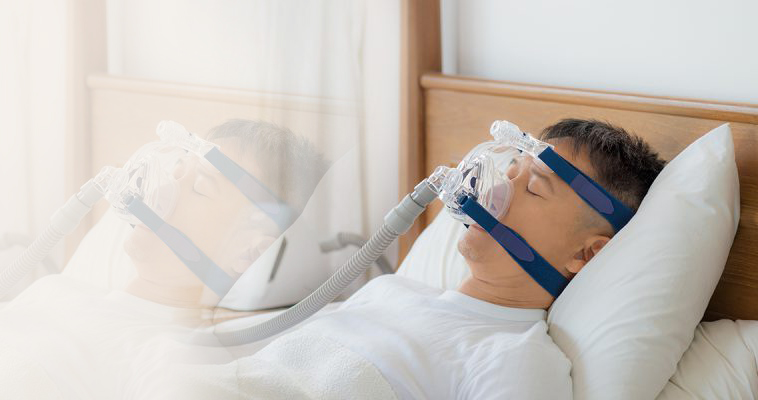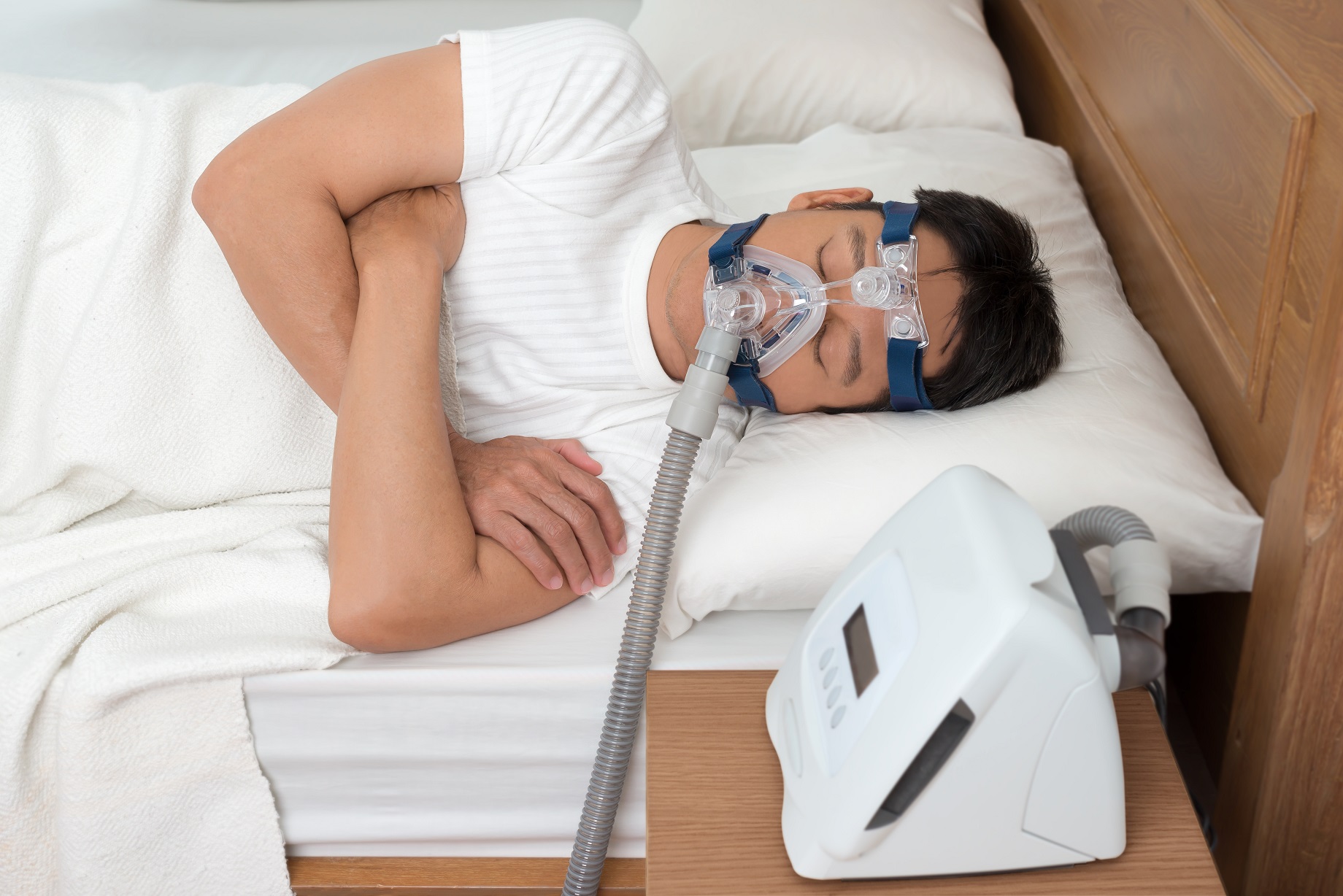Efficient Treatment Solutions for Taking Care Of Sleep Disorders and Enhancing Peaceful Rest
In the world of health care, the management of sleep conditions and the pursuit for restful sleep are critical parts of overall well-being. As we navigate the detailed landscape of rest disorders and seek to improve our rest experience, a much deeper understanding of these therapy services might hold the key to unlocking a much more refreshing and meeting restorative journey.
Cognitive Behavioral Therapy for Sleep Problems (CBT-I)
Cognitive Behavior Treatment for Sleep Problems (CBT-I) is a structured, evidence-based therapy approach that concentrates on dealing with the underlying factors adding to sleep disturbances. This sort of therapy intends to change actions and ideas that aggravate sleep problems, inevitably advertising healthy and balanced rest patterns. CBT-I generally involves several key components, consisting of cognitive therapy, sleep constraint, stimulation control, and sleep hygiene education.
Cognitive treatment aids people recognize and transform adverse thought patterns and beliefs about sleep that may be impeding their ability to drop or stay asleep. Rest constraint includes restricting the quantity of time spent in bed to match the individual's real sleep period, therefore boosting sleep efficiency (insomnia solutions). Stimulation control methods help develop a solid association between the bed and rest by urging individuals to visit bed just when sleepy and to stay clear of involving in boosting activities in bed
Furthermore, rest health education and learning focuses on creating healthy sleep habits, such as preserving a regular rest routine, producing a relaxing bedtime routine, and enhancing the rest atmosphere. By attending to these variables thoroughly, CBT-I supplies an effective non-pharmacological treatment for managing sleeping disorders and boosting general sleep top quality.
Rest Hygiene Practices
Having actually developed the foundation of cognitive restructuring and behavioral alterations in attending to sleeping disorders through Cognitive Behavioral Treatment for Sleep Problems (CBT-I), the emphasis currently shifts towards discovering necessary Rest Hygiene Practices for preserving optimum sleep high quality and total well-being.
Rest health practices include a variety of routines and environmental elements that can dramatically impact one's ability to sleep and remain asleep throughout the evening. Regular sleep and wake times, producing a relaxing going to bed regimen, and optimizing the sleep atmosphere by maintaining it dark, peaceful, and cool are crucial elements of good sleep health. Restricting direct exposure to displays prior to bedtime, preventing stimulants like high levels of caffeine close to going to bed, and taking part in regular exercise throughout the day can additionally promote much better rest quality.
Moreover, exercising leisure techniques such as deep breathing workouts or reflection prior to bed can assist soothe the mind and prepare the body for sleep. By including these rest hygiene techniques into one's everyday routine, people can develop a healthy and balanced rest pattern that supports relaxed rest and total wellness.
Relaxation Techniques and Mindfulness
Applying leisure techniques and mindfulness practices apnea hypopnea can play an essential role in cultivating a sense of calm and promoting high quality rest. Additionally, assisted images can help transport people to a tranquil place in their minds, assisting in tension reduction and improving sleep quality.
Mindfulness techniques, such as reflection and yoga exercise, are additionally reliable in advertising relaxation and boosting sleep. Mindfulness encourages individuals to remain existing in the minute, allowing go of fears concerning the past or future. By including these practices into a bedtime routine, individuals can signify to their bodies that it is time to prepare and relax for rest. Generally, incorporating leisure techniques and mindfulness practices can dramatically add to handling sleep conditions and improving general rest top quality.

Medication Options for Rest Disorders
After discovering leisure techniques and mindfulness methods as non-pharmacological interventions for improving sleep quality, it is important to take into consideration medicine alternatives for individuals with sleep disorders. In situations where way of living modifications and treatment do not offer enough alleviation, medication can be a valuable device in taking care of rest disruptions.
Frequently recommended medicines for sleep problems consist of benzodiazepines, non-benzodiazepine hypnotics, antidepressants, and melatonin receptor agonists. Antidepressants, such as trazodone, can be useful for people with co-occurring anxiety and rest disruptions - cognitive behavioral therapy for insomnia (CBT-I).
It is critical for individuals to talk to a healthcare supplier to establish the most appropriate medicine option based upon their specific sleep problem and case history.
Light Therapy for Body Clock Regulation
Light therapy, also known as photo-therapy, is a non-invasive treatment method utilized to control circadian rhythms and improve sleep-wake cycles. This treatment includes exposure to brilliant light that simulates natural sunlight, which helps to reset the body's biological rhythm. By revealing individuals to particular wavelengths of light, usually in the early morning or night depending upon the preferred result, light therapy can efficiently change the body clock to promote wakefulness throughout the day and improve restful sleep in the evening.
Research has actually shown that light treatment can be specifically beneficial for people with circadian rhythm problems, such as delayed sleep phase syndrome or jet this link lag. It can likewise be pop over to this site practical for those experiencing seasonal affective disorder (SAD), a kind of anxiety that normally takes place throughout the cold weather when all-natural light direct exposure is decreased. Light therapy is typically well-tolerated and can be utilized together with other treatment methods for sleep problems to maximize end results and boost total rest top quality.
Verdict
Finally, efficient treatment solutions for handling rest conditions and boosting restful rest consist of Cognitive Behavioral Therapy for Sleeping Disorders (CBT-I), rest hygiene techniques, leisure strategies and mindfulness, medicine alternatives, and light treatment for body clock law. These strategies can aid people enhance their sleep top quality and general wellness. It is very important to seek advice from with a medical care service provider to determine one of the most ideal approach for dealing with sleep issues.
As we browse the complex landscape of sleep disorders and seek to enhance our sleep experience, a much deeper understanding of these therapy services may hold the secret to opening a more refreshing and meeting restorative journey.
Rest restriction entails limiting the quantity of time spent in bed to match the person's actual rest duration, therefore boosting sleep effectiveness. Consistent rest and wake times, creating a relaxing going to bed routine, and maximizing the rest environment by maintaining it dark, peaceful, and cool are critical parts of great rest health. Light treatment is typically well-tolerated and can be made use of in combination with other therapy methods for rest problems to optimize results and boost overall rest quality.
